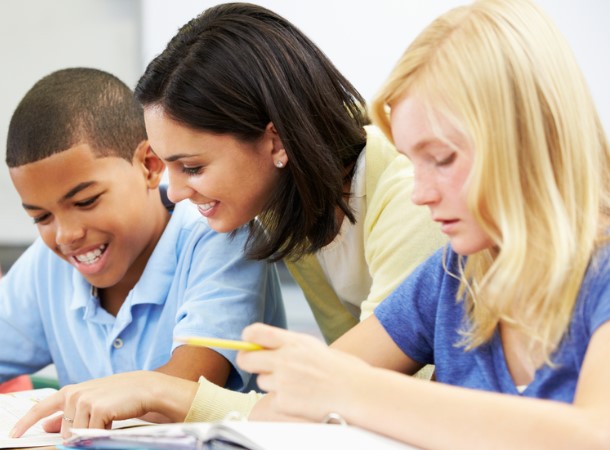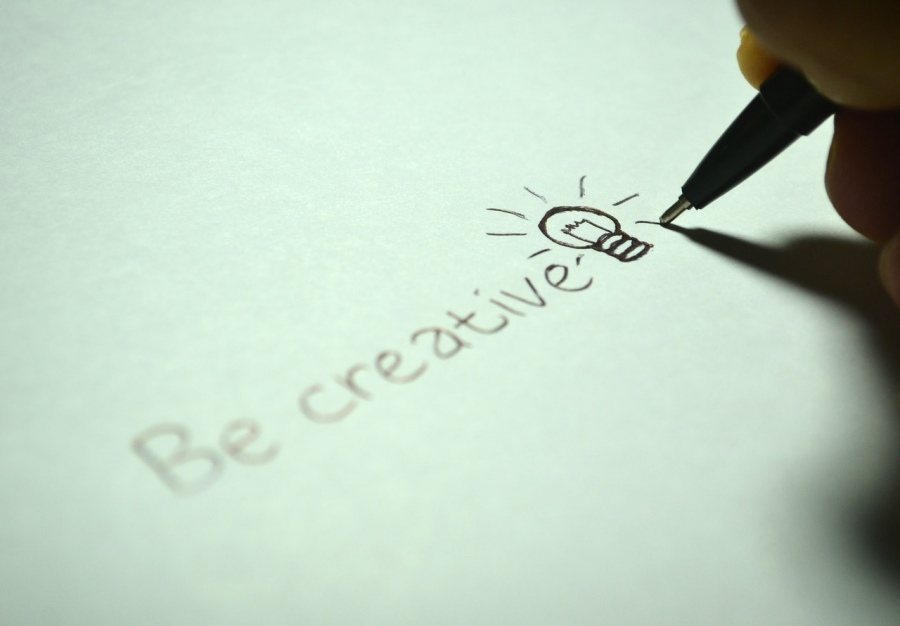Some of the most common complaints about textbooks include the fact that they’re heavy, cumbersome, and often outdated. However, many of these complaints have more to do with how the school utilizes the texts more than to do with the actual quality of the content. The truth is that textbook authors are constantly revising the content and format of the books to keep pace with educational goals and emerging research of scientific principles, etc.
The Advantages of Using Textbooks
Teachers in traditional settings, including elementary schools and college courses, often choose textbooks to boost the learning of students in their classes. There are many reasons for this decision.
- New teachers may use lesson formats based on the design of the book. Questions, cross-curricular ideas, and additional information to be covered are often included in the text.
- The organization of textbooks often provides a convenient sequence of information for teachers. For example, from simple mathematics to more complicated equations or a chronological progression in history.
- Specific facts, dates, and stories are presented with a clear focus, including relevant questions and discussion prompts all in one convenient location.
- The information within textbooks generally comes from educators, college professors, or recognized experts in a specific field. The content is usually non-controversial and approved by a committee of professionals.
- Textbooks are formatted so students can easily find specific topics.
Many teachers, after hearing complaints about textbooks, agree that any given textbook is only as effective as the teacher presenting the information. Many educators recognize some relevant disadvantages to using textbooks. For example, there are many topics addressed in classrooms that could and should be presented from more than one viewpoint. However, disadvantages are easily addressed when teachers introduce other books and media as part of their curriculum.
Tips for Using Textbooks Effectively
Teachers and parents can improve the effectiveness of any textbook by viewing it as a tool, or as a single resource, in a collection of educational tools.
- Remember that no single textbook is perfect or all-inclusive.
- Refer to textbook sections for fact-based information and discussions.
- Modify, skip, and add to information from the books to suit educational goals.
- Supplement textbook work with hands-on activities, further research, and access to primary sources (such as copies of the Constitution for a history lesson on the document).
What To Consider When Choosing Textbooks
Consider this example: Bentham science, technology, and medical texts offer science content that has been peer-reviewed, was published in relevant journals, and which coordinates with an increasing number of resources. The texts are geared toward students moving into modern career fields, such as biomedicine and engineering. Educators considering whether to purchase these textbooks may ask themselves the following questions:
- Is the content up-to-date, accurate, and appropriate for the classroom?
- How does the readability rate? Are new terms defined and chapters clearly marked?
- What instructional approach does the textbook take?
- Is there an appropriate ratio of written content to illustrations?
- What other resources are available with the books?
Prospective buyers should thoroughly review samples and the textbooks themselves, working with Bentham science publishers to fully understand the value of the text as a tool in the classroom. Perhaps of the greatest importance is the consideration of how well any text fits within the established curriculum. Too many teachers choose a textbook and attempt to create their teaching program around the text rather than establishing their program and then adding a textbook as one element of that program.
The End Results
Should textbooks be used as part of a healthy educational program? They clearly have their place, and when teachers use the books as one tool in their arsenal of educational tools, textbooks offer crucial benefits to both students and educators. With a solid educational plan in place, these ubiquitous academic resources may still play an effective role in learning for many generations to come.





